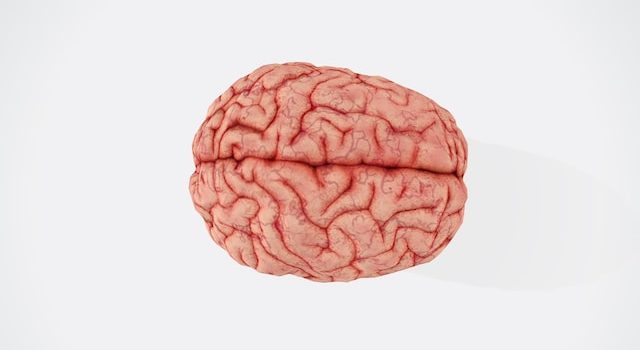
The field of brain research is on the cusp of an extraordinary era, driven by remarkable advancements in technology and a growing understanding of the intricate workings of the human brain. These breakthroughs hold immense promise for diagnosing, treating, and even preventing neurological disorders. In this article, we delve into the future of brain research, exploring pioneering technologies and innovative treatment options that are revolutionizing the field.
The development of advanced neuroimaging techniques has provided unprecedented insights into the inner workings of the brain. Magnetic resonance imaging (MRI), functional MRI (fMRI), and diffusion tensor imaging (DTI) allow scientists to visualize brain structures, track neural activity, and map white matter connections with unprecedented detail. These imaging technologies have transformed our understanding of brain disorders, enabling earlier and more accurate diagnoses.
One of the most exciting areas of brain research lies in the field of brain-computer interfaces (BCIs). BCIs establish direct communication pathways between the brain and external devices, opening up tremendous possibilities for individuals with motor impairments or communication difficulties. Emerging technologies, such as electroencephalography (EEG)-based BCIs and implanted neural devices, are enabling paralyzed individuals to control robotic limbs and allowing those with speech impairments to communicate through brain signals.
Artificial intelligence (AI) and machine learning algorithms are revolutionizing brain research by analyzing vast amounts of complex data and uncovering patterns that were previously inaccessible. These powerful tools can identify subtle brain abnormalities, predict disease progression, and assist in the development of personalized treatment plans. AI is also driving progress in neuroinformatics, a field dedicated to integrating and analyzing diverse datasets to unravel the complexities of brain function and disease.
Advancements in genetics and genomics are transforming our understanding of the genetic basis of neurological disorders. Genome-wide association studies (GWAS) have identified thousands of genetic variants associated with conditions such as Alzheimer’s disease, epilepsy, and schizophrenia. These findings are shedding light on disease mechanisms, offering potential targets for therapeutic interventions, and paving the way for personalized medicine approaches.
The emergence of gene editing technologies, such as CRISPR-Cas9, holds immense promise for treating genetic-based neurological disorders. Researchers are exploring the use of gene editing to correct genetic mutations associated with conditions like Huntington’s disease, muscular dystrophy, and certain forms of epilepsy. While still in early stages, these gene-editing tools offer hope for targeted treatments that address the root causes of brain disorders.
Neurostimulation techniques, such as deep brain stimulation (DBS) and transcranial magnetic stimulation (TMS), are being refined and expanded to provide more precise and effective treatments. DBS, which involves implanting electrodes in specific brain regions, has shown remarkable results in alleviating symptoms of Parkinson’s disease, depression, and obsessive-compulsive disorder. TMS, a non-invasive technique that uses magnetic fields to stimulate the brain, is being explored for a range of conditions, including chronic pain, addiction, and stroke rehabilitation.
The integration of technology and digital health is also transforming brain research and treatment. Mobile apps, wearable devices, and virtual reality platforms are being developed to monitor and manage neurological conditions, track treatment progress, and deliver targeted interventions. These technologies enable remote monitoring, enhance patient engagement, and facilitate data-driven healthcare approaches.
Ethical considerations are paramount in the future of brain research. Safeguarding patient privacy, ensuring equitable access to emerging treatments, and addressing the potential societal implications of neuroenhancement technologies are critical aspects that require careful examination and regulation.










